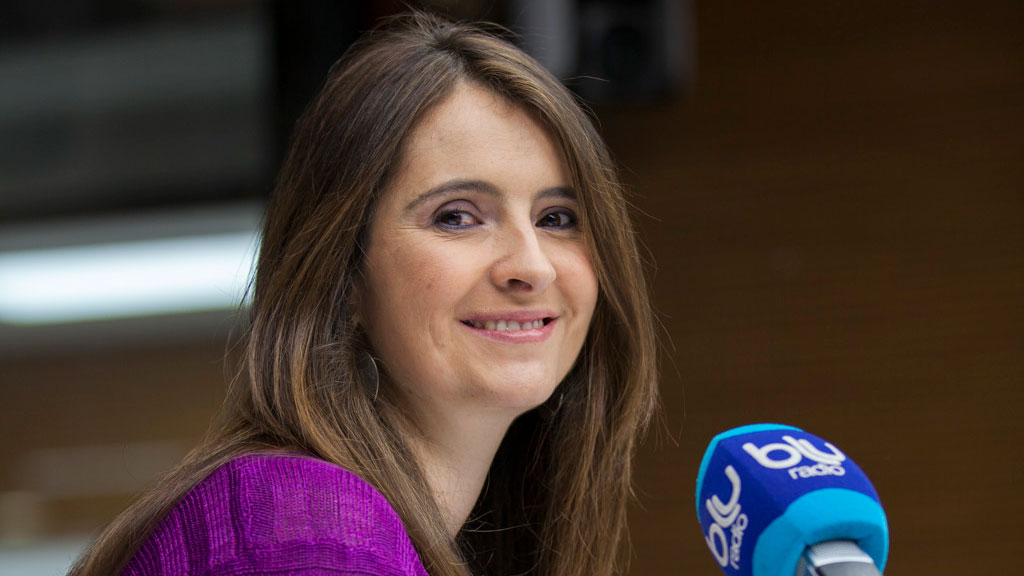A conservative Colombian opposition senator upset local indigenous leaders by proposing to ethnically segregate the troubled Cauca state.
Senator Paloma Valencia of the Democratic Center said her party would promote a referendum “to decide if we break the department in two,” she was quoted as saying by local news outlet Proclama del Cauca.
The department of Cauca is currently embroiled in a conflict over 141,000 hectares of land that the indigenous people claim is owed to them by the government.
The protests have been going on since November last year, but have so far only been met by police repression. Numbers of resultant injuries for both parties are every day increasing as the matter remains unresolved.
Indigenous protests in southwest Colombia turn violent, leaving dozens of injured
The proposal of the opposition party for Cauca is “one indigenous part, where they can carry out their strikes, protests and invasions, and one with the aim of development, where we can have roads, promote investment and create decent jobs for the people of Cauca,” said the senator.
|
The senator responded to the question of where the black community would fall into the division by stating that they should “choose whether they want to create their own territory or join one of the other two.”
|
A second ally of Uribe, former newspaper columnist Ernesto Yamhure, added oil the fire by saying that “the indians can go claim land in Cauca and we can claim we have given them clothes and bathe them.
|
Yamhure had lost his job at El Espectador newspaper after media revealed he had been closely tied to Carlos Castaño, the founder of the paramilitary organization AUC.
Indigenous leaders furious
The Democratic Center’s proposal of Cauca’s division received immediate backlash from leaders of the indigenous community.
Indigenous leader of Cauca Feliciano Valencia said that the suggestion is typical of the Democratic Center Party, a party formed by former President Alvaro Uribe.
Uribe-loyal politicians “have always wanted to divide everything; political power, and now the country. One part for them, and another part for others,” the indigenous leader told Colombia Reports on Tuesday.
“They believe that the solution to our problems is to divide the country into sections and that is not how we see it. We need the political elites — the segregationists and racists — to recognize that Colombia is a multi-ethnic multiculture; it is diverse,” Valencia affirmed.
“Here, there are many customs and ways of thinking that are able to coexist in one territory. The government has the ability to govern knowing that we are all diverse,” insisted Valencia.
Governor of Cauca’s Huellas region Margarita Hilamo similarly hit back at the suggestion.
“We reject the proposal because here in Colombia the land is in the hands of the few; not to produce food, but to produce biofuels,” Hilamo told Bluradio on Tuesday.
The governor also insisted that the indigenous already have autonomy and what they are searching for is the assertion of their rights.
“We have had autonomy for a long time now, and so now we fight for the right to education and healthcare,” said the indigenous governor.
Former Governor of Cauca, Guillermo Alberto Gonzalez, reiterated the point, stating that “Cauca is already divided and sectorized.”
“The north of Cauca is tributary to Valle, and the south to Nariño,” he said, stating that Valencia’s words “are derived from the current indigenous situation.”
Ongoing conflict
Indigenous protestors are currently occupying several ranches and surrounding lands that they claim to belong to their community through previously made deals with the government.
According to the protesters, local indigenous families have run out of land and in some cases are living with three or four families in one home.
The indigenous say that the lands are now in the hands of large businesses owners such as Carlos Ardila Lulle, the owner of large sugar plantations in the region, soda company Postobon, television network RCN and soccer club Atletico Nacional, among other businesses.
The indigenous feel they must “liberate mother earth” from the grasp of these large organizations and return the land to their own tenure.
The government last week invited indigenous leaders to Bogota to start a constructive conversation about the 141,000 hectares of land in question.
Sources
Interview with Feliciano Valencia
Paloma Valencia propone dividir el departamento del Cauca (El Espectador)
El Cauca es un departamento desintegrado: exgobernador (W Radio)
Comunidad indígena rechaza propuesta de Paloma Valencia (HSB Noticias)



